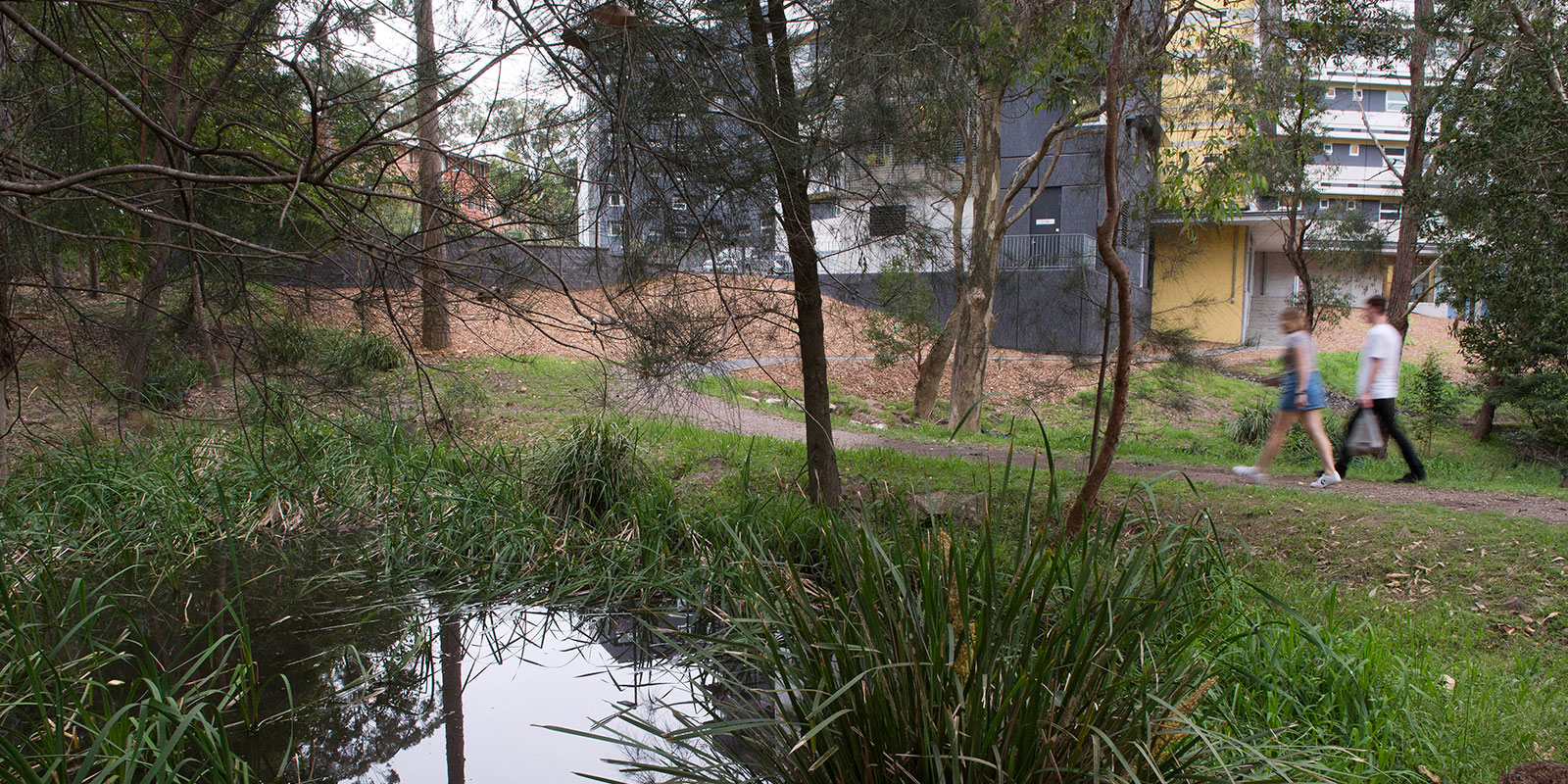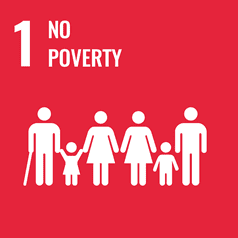Research
Ensuring that research is not only led by our voices but also grounded in cultural protocols and community engagement.
Learn more


At the University of Newcastle, we believe that education is a powerful force for breaking the cycle of poverty and creating opportunities for individuals, families, and communities. Our commitment to equity, social justice, and inclusion is embedded across all aspects of university life. We work with local regional and national governments on programmes and policies to address poverty. From access to support, teaching, research, and community partnerships, to entire centres like the Centre of Excellence for Equity in Higher Education.
Below is how we’re actively addressing poverty and striving for a fairer, more inclusive society:
As part of our commitment to equity and social justice, the University of Newcastle supports critical dialogue on human rights, poverty, and inequality. In 2024, the Centre for Law and Social Justice hosted the inaugural Human Rights Symposium—a flagship event bringing together scholars, practitioners, students, and community members to examine contemporary human rights issues.
The Symposium explored the relationship between poverty and rights-based frameworks, focusing on issues such as housing insecurity, refugee and asylum seeker protections, and systemic discrimination. It provided a platform for sharing lived experiences, advancing research-informed policy debates, and highlighting the importance of legal empowerment in driving social change.
The event underscored the University’s role in fostering an inclusive society where law and policy serve the public good, and where marginalised voices are heard and valued in shaping the future.
We are proud to lead in expanding access to university for students from underrepresented and disadvantaged backgrounds. Through targeted programs and partnerships, we are committed to removing barriers and supporting individuals from all walks of life to thrive at university.
We understand that financial hardship can be a major barrier to academic success. That’s why we offer a wide range of financial support services to help students stay focused on their education.
No student should have to choose between paying bills and eating. We partner with student bodies and local organisations to help ensure that students have access to nutritious food and essential items.
Our Equity, Diversity and Inclusion (EDI) Policy guides our efforts to create a university community that actively champions fairness and opportunity.
As part of our broader sustainability strategy, we actively contribute to the United Nations Sustainable Development Goal 1: No Poverty and Goal 10: Reduced Inequalities.
Our contributions include:
The Wollotuka Institute is a cornerstone of our commitment to Indigenous education, empowerment, and cultural integrity. Guided by the principles of self-determination and respect, the Institute supports Aboriginal and Torres Strait Islander students through culturally grounded programs, academic support, and community connection. Wollotuka works in partnership with Indigenous communities to embed Indigenous knowledges and perspectives across teaching, research, and governance. Its work fosters an inclusive university environment where Indigenous identity is recognised, valued, and celebrated.
We do not view poverty as simply a financial issue. It is linked to health, housing, education, discrimination, and community connection. That’s why our approach is holistic, working across sectors, listening to our students, and designing supports and institutional policies that reflect the realities of life.
Whether you’re a current or future student, a researcher, or a community member, we invite you to learn more about how the University of Newcastle is committed to addressing poverty and creating lasting change.
» Explore Student Support Services
» Read our Student Equity and Social Justice Plan (PDF)

We have supported thousands of Indigenous graduates whilst championing an academically enriching and culturally affirming education, and forging a reputation as a leader in Indigenous education in Australia.
Born from passion and persistence in the 1980s, we began as a small support unit for Aboriginal and Torres Strait Islander student. From these humble beginnings, we grew into a leading centre for Indigenous education and research. Over four decades, we have expanded our reach through programs, earning international recognition for our work.
PDF, 2.5MB
Read more
PDF, 752KB
Read more
On Monday 5 June 2023, Associate Professor Amy Maguire represented the University of Newcastle, at the Minister's Roundtable on Transforming Lives through a Refugee Education Migration Pathway, in Melbourne.
Find out more
The University of Newcastle acknowledges the traditional custodians of the lands within our footprint areas: Awabakal, Darkinjung, Biripai, Worimi, Wonnarua, and Eora Nations. We also pay respect to the wisdom of our Elders past and present.